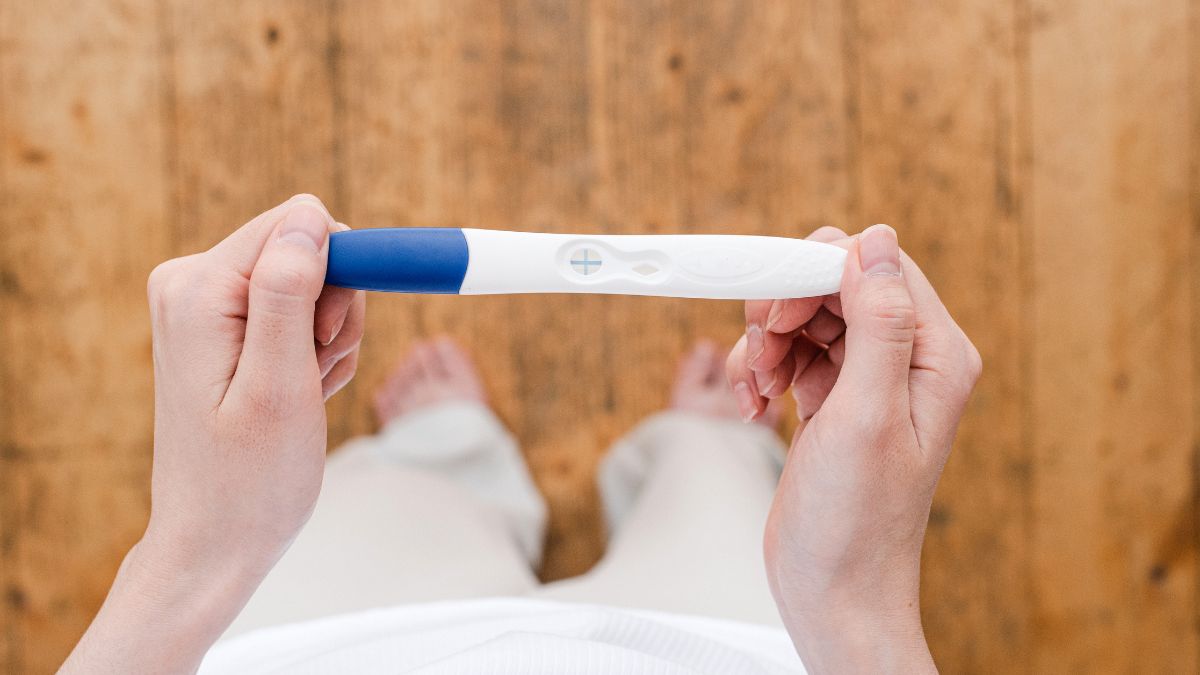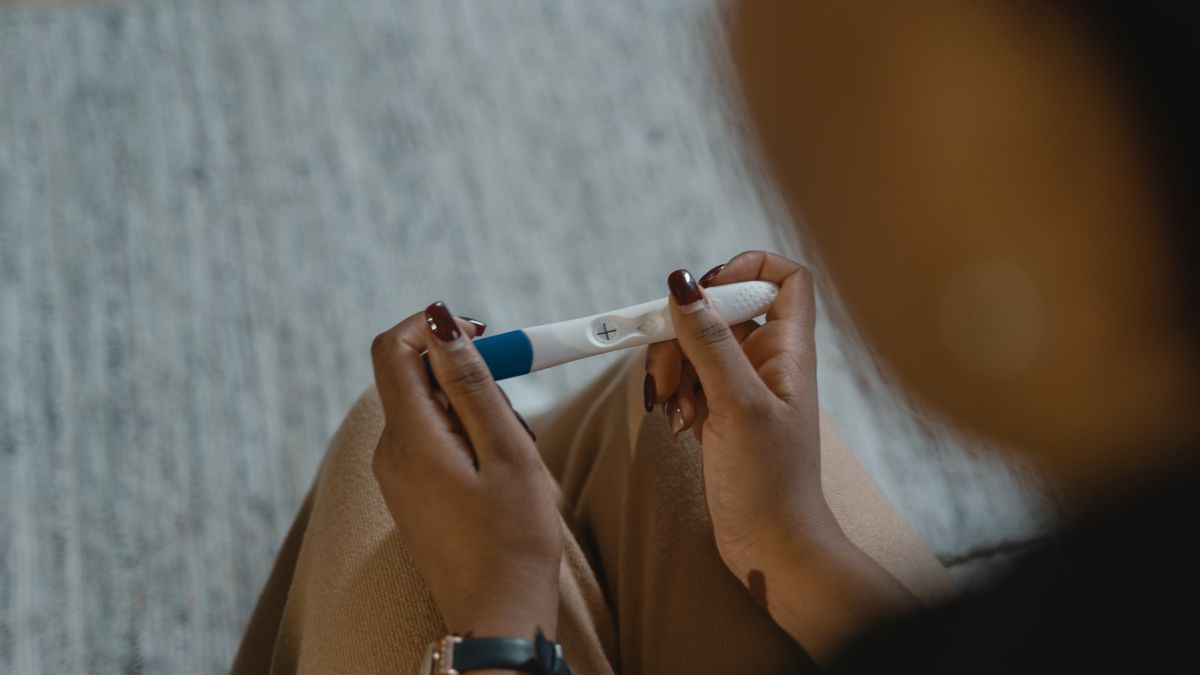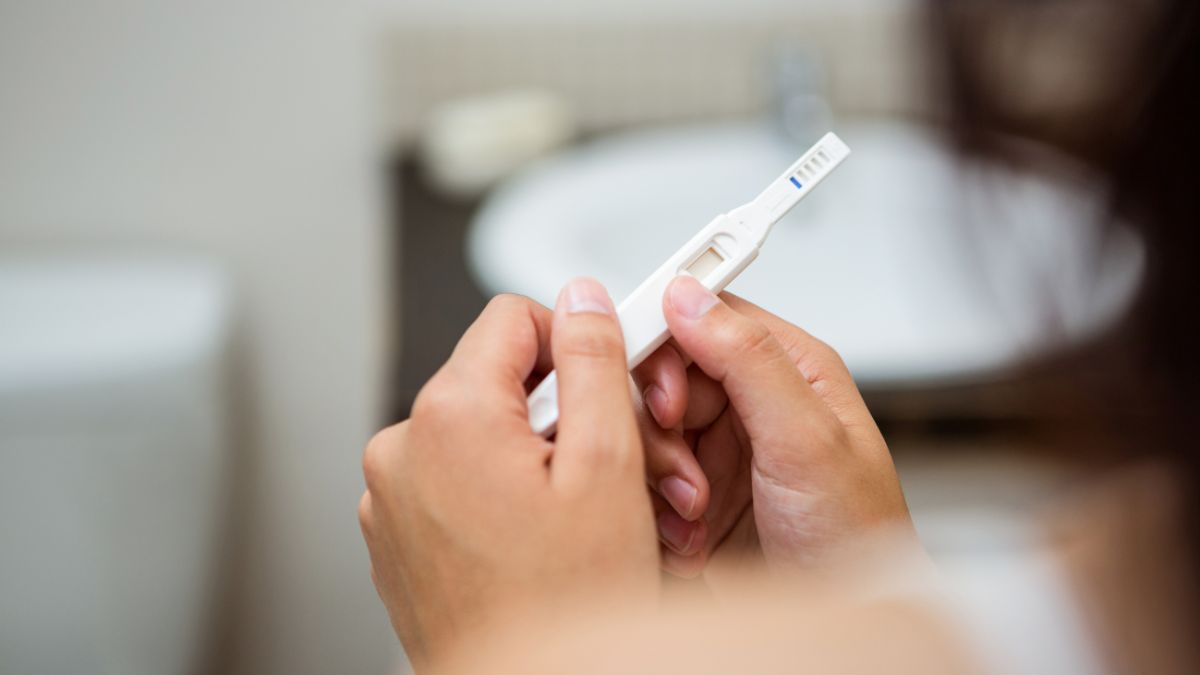Discover the meaning of invalid pregnancy test. Is it negative or inconclusive? Unravel the mystery and learn what steps to take next. Get insights on interpreting pregnancy test outcomes and ensuring accurate results with mucusplug.net!
Meaning of invalid pregnancy test

The significance of receiving an invalid pregnancy test result lies in the fact that the test has failed to offer a definitive answer regarding your current pregnancy status. This could be attributed to various factors that compromise the accuracy and reliability of the test. One common reason for an invalid result is an inadequate urine sample, where the test may not have received enough material to accurately assess the presence of pregnancy hormones.
Additionally, testing too early in the pregnancy can yield an invalid result as the levels of these hormones may not have reached a detectable threshold. Furthermore, using an expired or defective test kit can also contribute to an invalid outcome, as the components within the kit may have degraded over time or been compromised in some way.
In essence, an invalid pregnancy test serves as a reminder of the importance of adhering to proper testing procedures, ensuring the use of a valid kit, and timing the test accurately to obtain the most reliable results.
>Related post: Sex after IVF positive pregnancy test: Facts you should know
Why is my pregnancy test saying invalid?

If you find that your pregnancy test is displaying an “invalid” result, it’s essential to understand the potential reasons behind this outcome. An invalid result typically occurs when only the test line (T) is visible or when no lines develop at all. This indicates that the test may be faulty and failed to detect the presence of the pregnancy hormone.
There are several factors that could contribute to this issue. One possibility is that the absorbent tip of the test was not adequately saturated with urine during the testing process. Ensuring proper saturation is crucial for accurate results.
Additionally, an expired or damaged test kit could also lead to an invalid result. It’s important to check the expiration date of the test and inspect the packaging for any signs of damage before use. Addressing these factors can help ensure the reliability of your pregnancy test results.
Can I reuse an invalid pregnancy test?

Certainly! When considering the reuse of an invalid pregnancy test, it’s essential to delve into the intricate process that occurs during the test. The test strip is equipped with specialized antibodies designed to detect the presence of human chorionic gonadotropin (hCG), a hormone produced during pregnancy. When a woman urinates on the strip, a chemical reaction unfolds between the hCG antibodies and any hCG present in the urine.
This interaction results in a visible indication on the test, either through color changes or other visual cues. Importantly, once this chemical reaction has taken place, it is a one-time occurrence. The components of the test strip are altered irreversibly, preventing the same reaction from happening again.
Attempting to reuse the test after the initial chemical reaction has occurred would not yield accurate results, as the components necessary for detecting hCG would already be compromised. It’s crucial to interpret the results within the specified timeframe and refrain from reusing the test to ensure accurate and reliable information about pregnancy status.
>Related post: Can a yeast infection cause a false positive pregnancy test?
How long is a pregnancy test invalid?

The reliability of a pregnancy test is contingent on the timing of reading the results. It’s crucial to note that the accuracy of a pregnancy test result is generally considered valid only within a specific timeframe, typically the first 10 minutes after taking the test. This is the window during which the test is designed to detect and display the presence or absence of certain hormones indicative of pregnancy.
Beyond this designated period, the test results may become unreliable, and the likelihood of obtaining a false positive or false negative result increases. Therefore, it is advisable to discard the test after the allotted time has elapsed to prevent any potential confusion or misinterpretation of the results. This precautionary measure ensures that individuals relying on the test receive the most accurate and reliable information regarding their pregnancy status.
What percent of pregnancy tests are invalid?

It is indeed possible for a woman to be pregnant and still receive a negative result on a pregnancy test. This intriguing phenomenon, commonly referred to as a “false negative,” occurs in approximately 5 percent of home pregnancy tests, according to the findings of some researchers. In essence, this means that even when a woman is carrying a pregnancy, the test may inaccurately indicate a negative result.
The reasons behind such false negatives can be multifaceted and may include factors such as testing too early in the pregnancy, using a test with lower sensitivity, or not following the test instructions precisely.
Understanding the intricacies of pregnancy testing is crucial for individuals navigating the emotional and physical journey of family planning, as it underscores the need for careful consideration of various factors that can influence the accuracy of test results.
>Related post: Gurgling water sound in belly during pregnancy (early & late pregnancy)
How can I prevent an invalid pregnancy test?
Ensuring the accuracy of a pregnancy test involves careful adherence to specific guidelines. One crucial step is to thoroughly read and understand the instructions accompanying the test kit. These instructions often provide essential details on when and how to interpret the results.
It’s imperative not to examine the results before or after the recommended time frame, as doing so may lead to inaccurate readings. Timing is critical in capturing the most reliable snapshot of human chorionic gonadotropin (hCG) levels, the hormone indicative of pregnancy.
Additionally, it is essential to verify the expiration date of the pregnancy test. Expired tests may have diminished effectiveness in detecting hCG levels, potentially yielding false results. The chemicals and components in an expired test kit may undergo changes over time, compromising the accuracy of the results.
Therefore, routinely checking the expiration date before use is a simple yet crucial precautionary measure. By diligently following these steps, one can enhance the reliability of the pregnancy test and minimize the risk of obtaining invalid or misleading results.
>Related post: Is metoprolol safe for pregnancy?
Understanding the meaning of invalid pregnancy test empowers individuals to navigate uncertainty. Whether negative or inconclusive, knowing what to do next is crucial. Stay informed and take the right steps towards clarity on your pregnancy journey.

